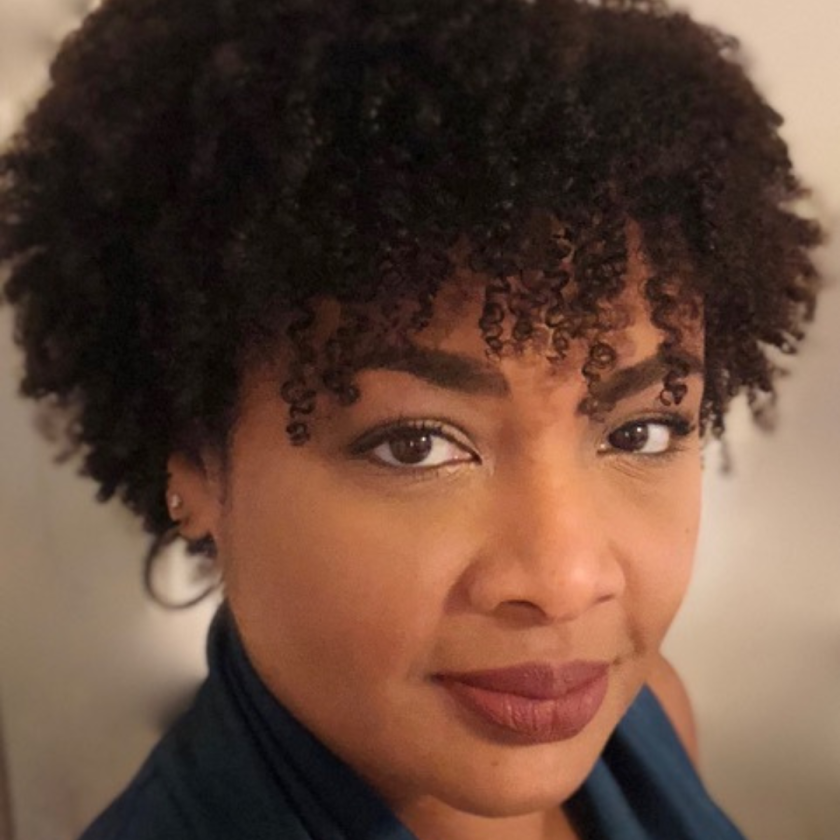
The PhD degree program at the iSchool celebrates its 75th anniversary in 2023. This profile is part of a special series featuring PhD alumni. LaTesha Velez (PhD '17) is an assistant professor at the University of North Carolina at Greensboro.
What are the focus areas of your research? Your teaching?
My research agenda focuses on exploring issues of equity, diversity, and inclusion (EDI) in LIS; specifically, to make visible the needs and stories of Black, Indigenous, and People of Color (BIPOC), particularly Black and Latine people. To accomplish this, my work is grounded in critical race theory (CRT) in an intentional attempt to dismantle hegemonic narratives in LIS. I use CRT methodologies such as counter-storytelling, including the use of auto-ethnographic information, to create counter-narratives.
My identity as an Afro-Latine, cisgender woman is intimately tied to my identity as a researcher and informs the topics and people I research. I believe that being a member of this group is a strength that allows me to ask questions other researchers may not think to ask and that being an insider in a marginalized group sometimes gives me insight to better understand the nuances of the data I interpret.
I currently teach Information Services and Sources, Information Literacy, and the History of Libraries. My teaching philosophy centers on celebrating the individuality, talent, specialized skills, and knowledge that each student brings to the classroom. I believe that using a critical pedagogical approach fosters an air of inclusivity and foregrounds diversity and inclusion.
What do you see as the most important impact of your work?
I think that the most important impact is my contributions to filling a gap in LIS research by centering Latine and African American narratives with an asset-based lens. While I am by no means the only person doing EDI-related research, it is still understudied. In particular, one article that I wrote about the reading habits of an Afro-Latine family adds nuance to conversations about why diverse books matter and counters narratives of a lack of early literacy in Hispanic families.
Why did you choose to pursue a PhD degree?
Honestly, I initially chose it because I thought I wanted to go into academic library administration. I recognized that I would be in an atmosphere where university peers would have a PhD. I wanted to be competitive in the job market and hone my skills. Also, as a Black, Puerto Rican woman looking to work in a predominantly White field, I wanted the extra legitimacy that the degree would offer. Then, I taught a class, and my entire trajectory changed.
What has it meant to you to be an alum of the program at Illinois?
What I take from being an alum are the relationships I have made. I am still in touch with people who mentored and supported me. I formed a strong cohort with other MSLIS and PhD students that has helped me throughout my career and to thrive on a personal level. I also know that I can still count on my mentors for career advice and friendship. So, what it has meant to me to be an alum is that I gained a nurturing, supportive network of friends and colleagues.
What advice would you give to new PhD students?
Start planning for the career you want. The time goes by faster than you think it will. Focus on gaining teaching experience, publications, and other skills that will make you competitive in the job market. In addition to working hard, you need to find your people: a supportive network to help you deal with the stresses and celebrate everyday successes. They will also be the people you call on when looking for work, recommendations, collaborators, and maybe even lifelong friendships.